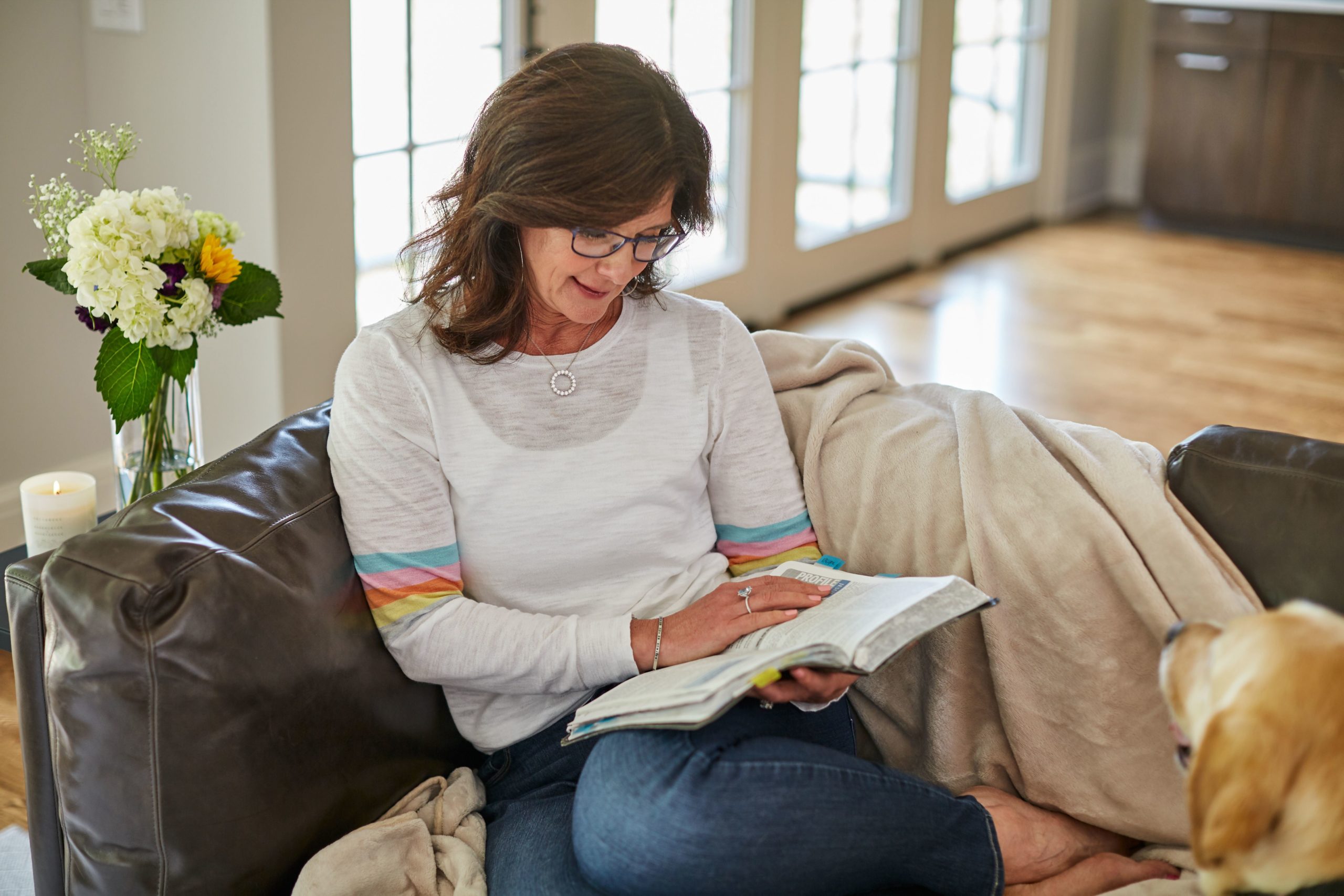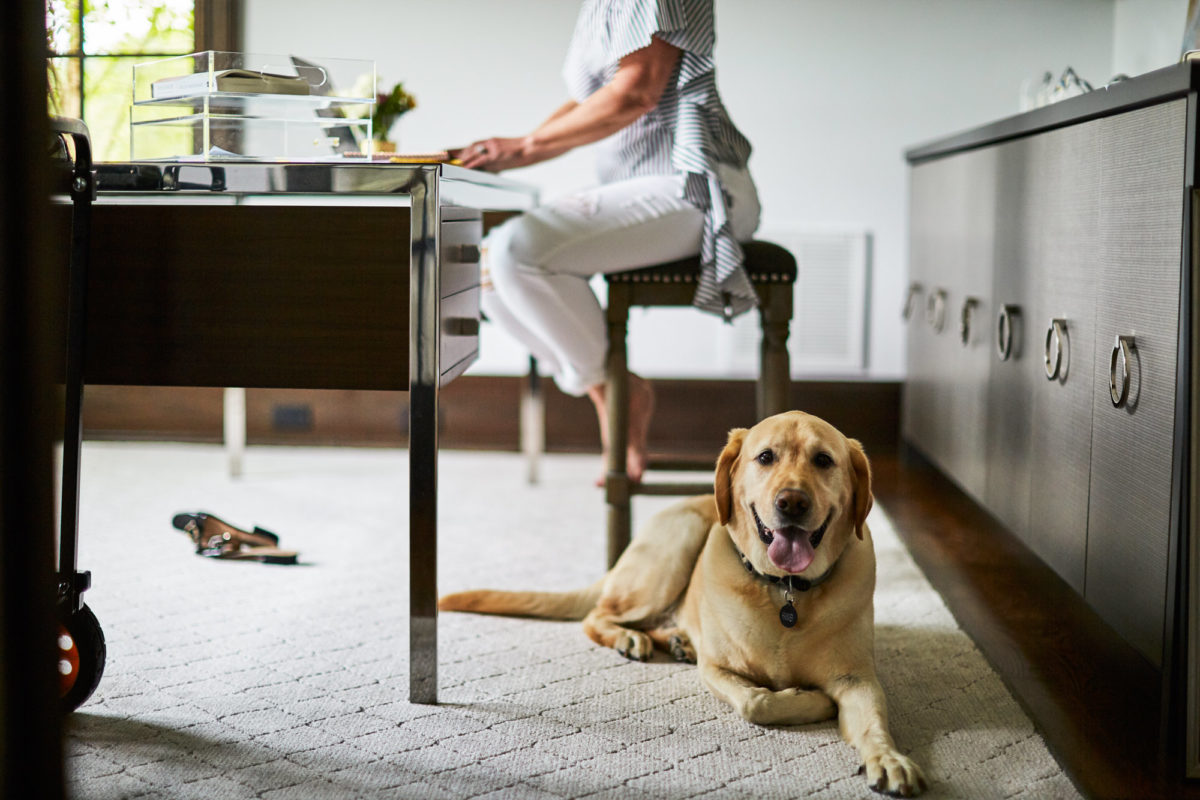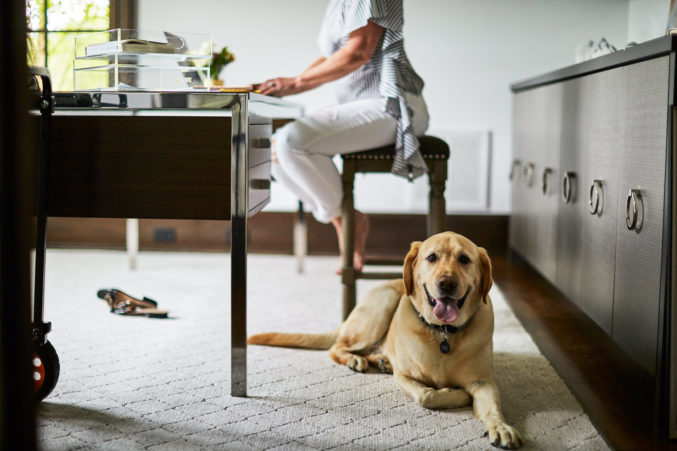
“I’m sorry you feel that way.” A simple phrase, one I’m sure we’ve all heard before, that says more than the words themselves do. I received this response from someone I care about after being honest about why I was hurt, and the phrase indicated to me that they thought I was excessively sensitive for taking offense.
When it comes to situations like these, it doesn’t matter who’s “right” or “wrong.” We are human. We disagree. Our job is to love and care for each other despite our feelings, attitudes, beliefs and ways of thinking. Love is a verb, not a feeling.
Feelings are a choice, and we can always extend grace when we are hurt. I could have chosen not to feel the way she caused me to feel, but it took considerable prayer for the Lord to heal my feeling that I wasn’t strong enough to choose on my own. But regardless, I would encourage all of us never to say “I’m sorry you feel that way” or “I’m sorry you think that” because, whether you realize it or not, it’s an ego-centric way of viewing the situation. Say it out loud to yourself and imagine how the recipient might receive it. The person who said this to me probably didn’t think about how this would sound to me – like a “fauxpology.” It comes across as a fake apology that dodges any blame or responsibility. I will always be averse to these types of empty apologies.
On the other hand, in a similar situation, an apology I received was “I’m so sorry I made you feel that way.” What a difference! This person owned the fact that her actions – right, wrong or indifferent – caused me to feel something that I wouldn’t feel in isolation. Again, the choice to be hurt is always mine; but I cared enough about the other person to offer vulnerable truth and insight into how I was feeling, and give her the chance to know why I had begun pulling away so that we could possibly grow in our relationship.
Whether or not she agreed with the way I felt, her apology was sincere, acknowledging that her actions and words played a role in my hurt. To be honest, sometimes I don’t even understand or agree with the way that I feel; but we all have that selfish desire to be understood, and feelings will always happen nonetheless.
I’ll leave you with this. Apologize for your actions when they hurt someone. Don’t be sorry for what the other person felt or thought. Know that hitting a bump on the road of a relationship is, to me, the truest test of what you mean to each other. Some relationships never reach this stage because of limited, superficial interaction; but when you encounter hurt, the way a person cares for your feelings during conflict is a really good indicator of their desire to strengthen the bonds that tie us all together.
Recent posts

My Self-Care Gift Guide
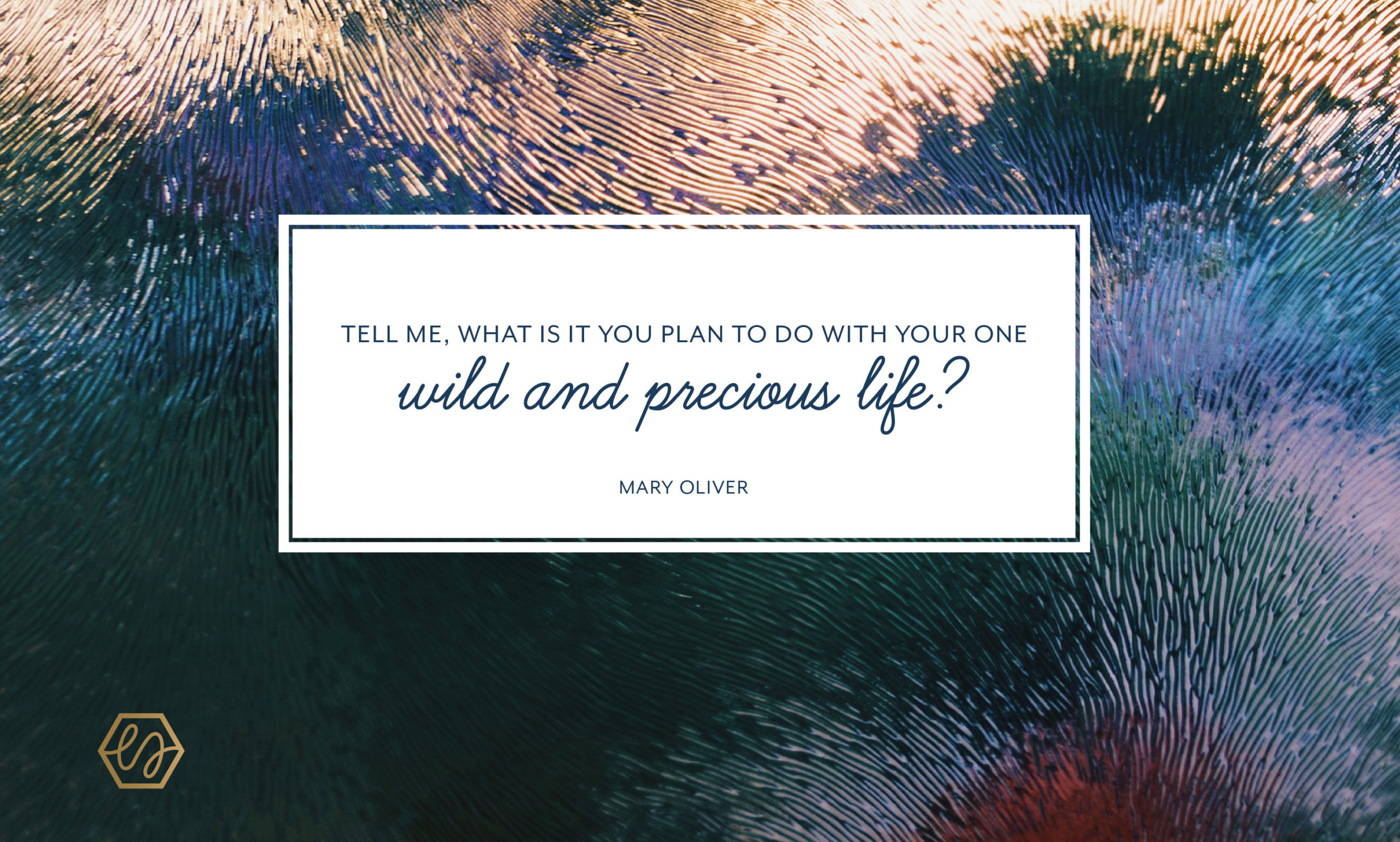
Inside Baseball
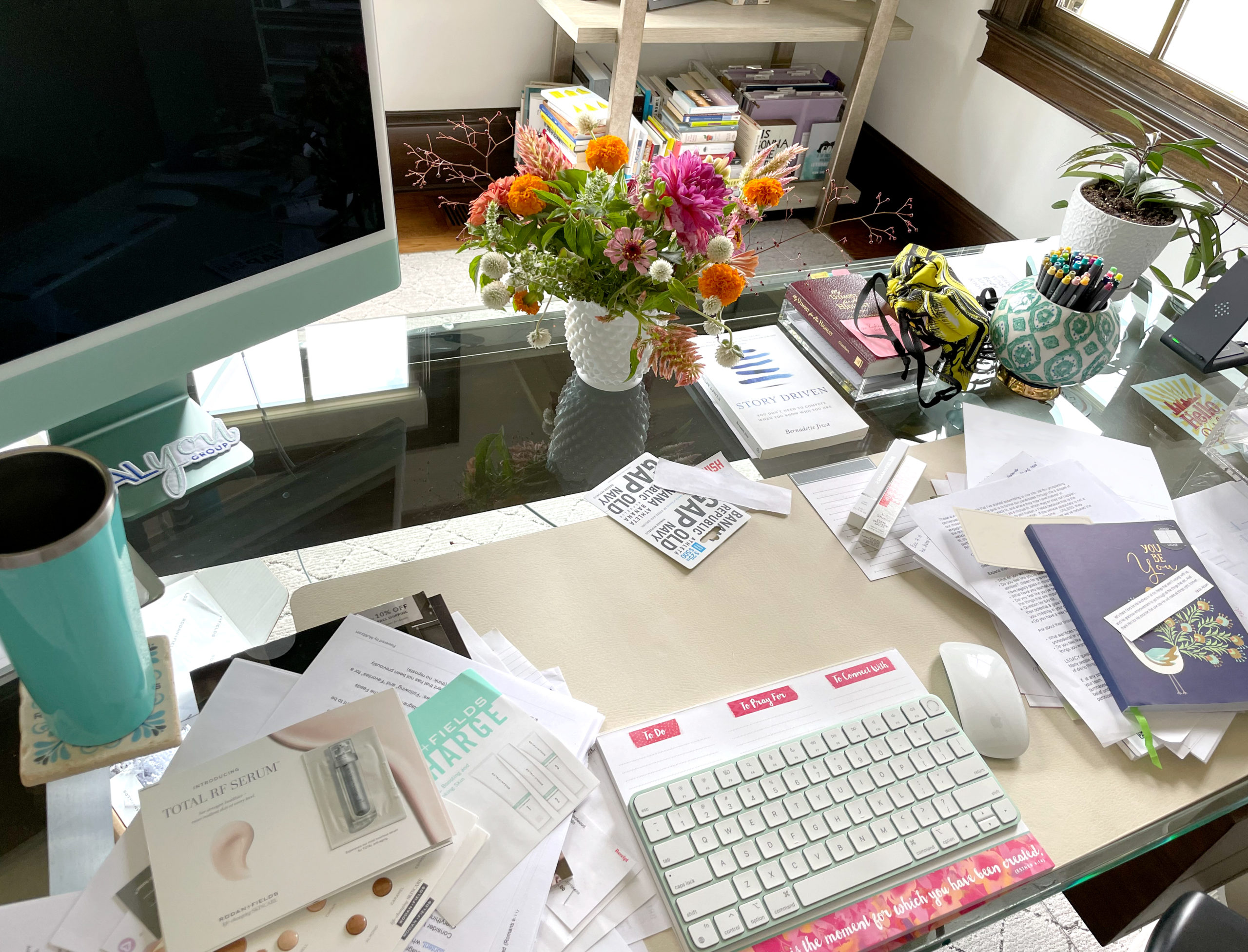
Rejoicing in Life’s Layers
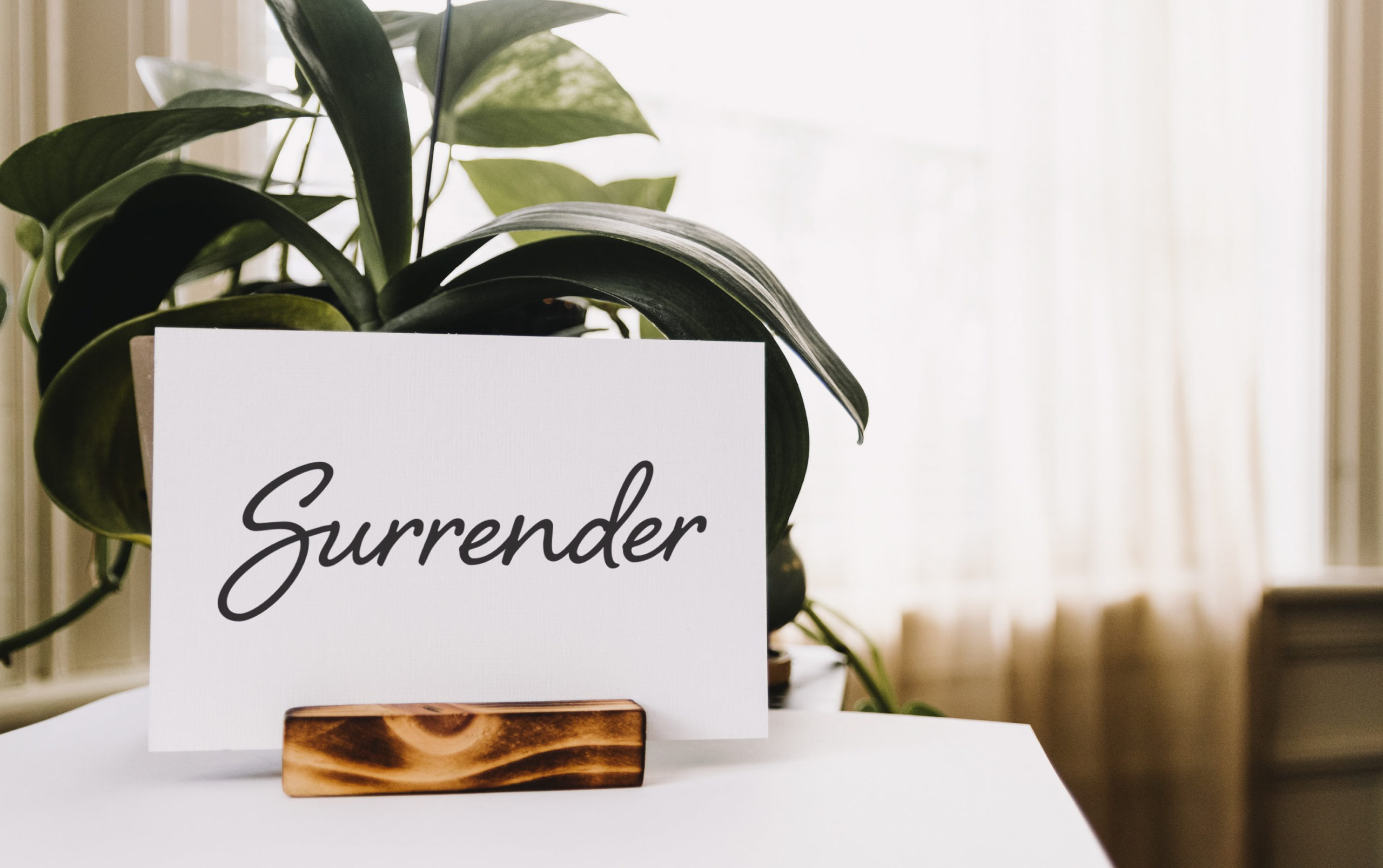
Surrender Makes You Stronger

Red Bike, Blue Bike
